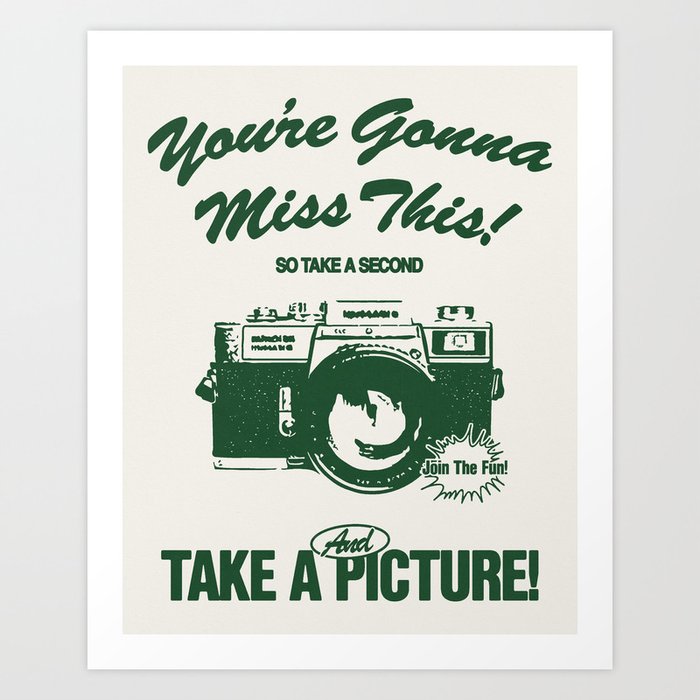My fav quotes about photography and memory
Last Updated on 17/10/2023
This page contains AFFILIATE LINKS. If you choose to purchase after clicking a link, we may receive a commission at no extra cost to you. Plus, as an Amazon Associate, we earn from qualifying purchases. Read more on the disclosure policy page.
Check out my fav quotes about photography and memory and the paradoxical connection between them despite common beliefs.
Photography is a powerful medium that has the ability to capture a fleeting moment and preserve it for eternity. It freezes time, allowing us to revisit memories and relive emotions. In this digital age, where everyone can be a photographer with just a smartphone in hand, the act of taking photos has become an integral part of our daily lives. We snap pictures of everything from special occasions to mundane moments, creating a vast visual record of our lives.
But is this process helping our memory? And, what is the true nature of the connection between photography and memory? In this post, you will find my favorite quotes about their connection and how complicated or paradoxical it may be.

Advertisement
Advertisement
My fav quotes about photography and memory
Our memory photographs
One of my favorite quotes is by the renowned writer Milan Kundera, originally in French. He once said, “La mémoire ne filme pas. Elle photographie.” This powerful statement can be translated as “Memory doesn’t film. It photographs.” This quote carries a profound meaning, reminding us that our memories are not like videos that capture every detail in motion. Instead, they are like photographs, freezing a specific moment in time. Just like a photograph, a memory captures a snapshot of an experience, preserving it in our minds.
“La mémoire ne filme pas. La mémoire photographie.”
Milan Kundera
“It scares me how hard it is to remember life before you. I can’t even make the comparisons anymore, because my memories of that time have all the depth of a photograph.”
David Levithan
“I keep that memory somewhere inside me—where it’s safe. I take it out and look at it when I need to. As if it were a photograph.”
Benjamin Alire Sáenz
“What I like about photographs is that they capture a moment that’s gone forever, impossible to reproduce.”
Karl Lagerfeld

Advertisement
Photographic memory
Photographic memory, also known as “eidetic imagery,” is an intriguing phenomenon related to this concept. It refers to the extraordinary ability of some individuals to recall and visualize images with remarkable detail even after they have been removed from their sight. It’s as if their minds have the capacity to “see” and remember an image vividly as if it were right in front of them. The existence of photographic memory has fascinated scientists and psychologists for many years. While the exact cause and mechanisms behind this ability are still being studied, it is believed to be a rare occurrence.
“Everyone has a photographic memory, some just don’t have film.”
Steven Wright
For most of us, memory functions differently, relying on a combination of sensory inputs, emotions, and cognitive processes to reconstruct past experiences. Our memories may not be as precise or visually detailed as those with photographic memory, but they are shaped by our unique perspectives and interpretations, making them just as valuable and meaningful.
“I have a photographic memory; I just haven’t developed it yet.”
Jonathan Winters
Advertisement
The power of photographs to shape our memories
Interestingly, photographs also have the power to shape our memories. The act of capturing an image can influence our perception of an event. When we take a photo, we are making a conscious decision about what to include in the frame and what to exclude. We are curating our memories, selecting specific moments to preserve. In this way, photography becomes an act of storytelling, constructing a narrative of our lives.
“There are always two people in every picture: the photographer and the viewer.”
Ansel Adams
Moreover, it’s often assumed that photographs serve as a faithful representation of the past, reliable documentation of events. However, memory is a complex and subjective process. Our recollection of an event can be influenced by various factors such as emotions, personal biases, and the passage of time. Hence, photographs can sometimes deceive us, presenting an edited version of reality.
“Both those taking snaps and documentary photographers, however, have not understood ‘information.’ What they produce are camera memories, not information, and the better they do it, the more they prove the victory of the camera over the human being.”
Vilém Flusser

Photographs can trigger memories
Furthermore, looking at old photographs can trigger memories and evoke emotions. A single image has the ability to transport us back in time, allowing us to relive cherished moments or even confront painful ones. It serves as a visual time capsule, preserving the essence of a particular moment in our personal history.
“It is a cruel, ironical art, photography. The dragging of captured moments into the future; moments that should have been allowed to be evaporate into the past; should exist only in memories, glimpsed through the fog of events that came after. Photographs force us to see people before their future weighed them down….”
Kate Morton
Advertisement

The paradoxical connection of photography and memory
We believe that photos help us remember moments and events important to us. And, we take pictures of special events like birthdays, marriages, trips, vacations, etc. to keep them alive in our memory. But psychological studies come to rebut this belief.
“And I’ll bury my soul in a scrapbook,
with the photographs there and the moss.”
Leonard Cohen
According to studies at Fairfield University in Connecticut by Dr. Linda Henkel, taking photos may obstruct memory. People rely on their ability to remember via technological means and their attendance at the event may become poor. In other words, they can actually miss what happens around them. Photos can help memory only if we continue to interact with them.
“A photograph is a souvenir of a memory.
It is not a moment.
It is the looking at the photograph that becomes the moment. Your own moment.”
David Levithan
Photos can help memory only if we interact with them
In our fast-paced digital age, we take thousands of photos, digitally store them, and never look at them again. And, in the endless stream of information, we forget to take the time to cherish and preserve our precious memories. However, by actively engaging in creating photo albums and photo books, we can artfully curate our personal narratives and ensure that those memories are not lost in the shuffle of everyday life.
When we capture a special moment, whether a family gathering, a holiday celebration, or a milestone event, these photos become like windows into the past. They allow us to revisit those emotions, relive the experiences, and share the stories. So, looking at an old photo can instantly transport us back in time, bringing a flood of nostalgia and reminding us of the people, places, and feelings associated with that particular moment.
“I was looking at the photographs and I started thinking that there was a time when these weren’t memories.”
Stephen Scbosky
Engaging with our photos is the key
Like in all activities, the key is engagement. By printing and organizing our photos, we are actively participating in the preservation of our personal history. We are creating tangible objects that can be passed down from generation to generation, ensuring that our stories endure. Thus, future family members can flip through, gaining a greater understanding of their roots and the lives of their ancestors.
Moreover, the process of creating these albums and books can be a joyful and therapeutic experience in itself. Sorting through the photos, arranging them in a cohesive narrative, and adding personal touches like captions or anecdotes can be a creative and reflective endeavor. It allows us to take a step back and appreciate the journey we’ve been on, the people we’ve shared those moments with, and the growth and changes that have taken place over time.
“Language does this to our memories—simplifies, solidifies, codifies, mummifies. An oft-told story is like a photograph in a family album; eventually, it replaces the moment it was meant to capture.”
Karen Joy Fowler
Advertisement

Stay mindful in our photographic endeavors
In a world of digital overload, where thousands of images are taken and shared every second, it is important to pause and reflect. Rather than focusing solely on capturing and documenting every moment, we should strive to be more mindful in our photographic endeavors. We can use our cameras to capture not just what is in front of us, but also the emotions and stories that lie beneath the surface. Thus, photos become not only a visual representation but also the intangible essence of the moments that have shaped your life.
So, next time we pick up our camera or scroll through our photo collection, embrace the power of photography as a means to preserve, shape, and evoke memories. And, allow ourselves to be transported back in time with each image. By approaching our photos with mindfulness, we make a conscious effort to save our valuable memories from the digital abyss of oblivion.

This page contains AFFILIATE LINKS. If you choose to purchase after clicking a link, we may receive a commission at no extra cost to you. Plus, as an Amazon Associate, we earn from qualifying purchases. Read more on the disclosure policy page.
Advertisement
References
Dr. Linda Henkel, Fairfield University, Connecticut.
Psychological Science, You Don’t Need To Take Pictures Of Everything – And Taking Photos May Impede Memory, News Staff, 09-12-2013.
Milan Kundera, La Plaisanterie, Gallimard 1998, Paris.
Antoine de Saint-Exupery, The Little Prince, 1943.



2 Comments
mitchteemley
Great collection of quotes.
luisa zambrotta
Great quotes|